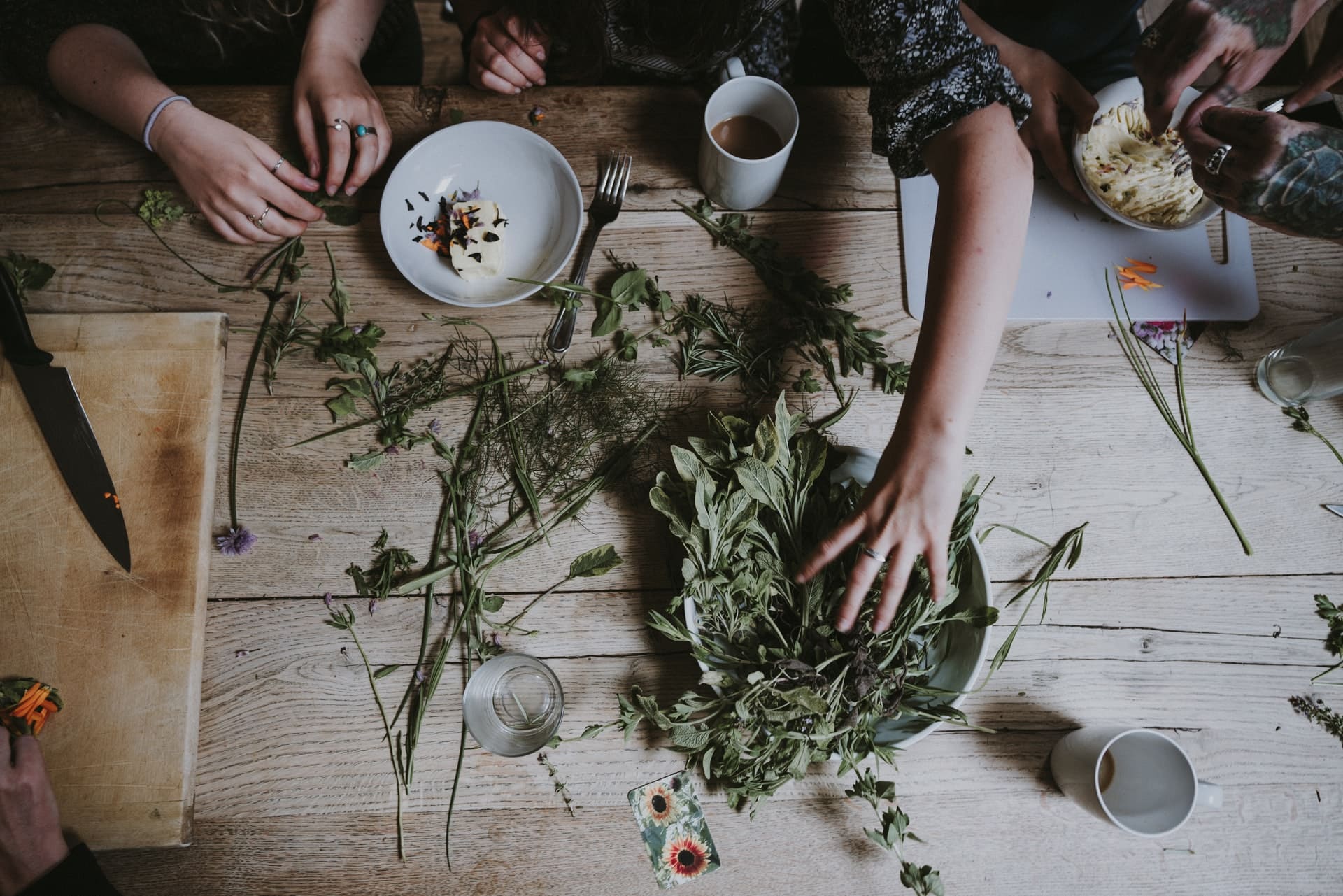
We are so used to using ready-made cosmetics that we forget that the best care products are created for us not by a cosmetic laboratory, but by nature.
Summer is the best time to remember “grandma’s” recipes for cosmetics made from herbs and flowers. Here are some plants that are perfect for home care recipes.
Chamomile, known to all, is a real treasure trove. It is rich in vitamin A, so it is ideal for all skin types. It perfectly moisturizes, relieves inflammation and soothes irritation, while it has a light toning effect on hair and gives it a golden glow. In addition:
Chamomile can be used to treat acne, prevent age-related changes and to smooth wrinkles.
Calendula is a regular visitor to home gardens, but few people know that decoctions and tinctures made from it are good for health and beauty. Calendula promotes regeneration of the epidermis, soothes irritation and has an anti-inflammatory effect. Cosmetic manufacturers appreciate it for these properties, adding it to creams, body products and hair cosmetics, especially in anti-dandruff lines.
Nettle is rich in vitamins C, K, those of the B group, proteins and tannins, so it is used in skin and hair cosmetics as a regenerating and toning additive. Remedies based on this plant can also be used for:
In addition, nettle extract strengthens hair, stimulates its growth and inhibits hair loss, makes it more flexible and helps get rid of dandruff.
St. John’s wort herb is rich in vitamin C, tocopherols, tannins. It also contains a substance that soothes irritation – azulene. This composition firms the skin and has an antibacterial effect, so St. John’s wort often complements cosmetics for normal and oily skin, and products for acne-prone skin.
Hair care manufacturers take advantage of St. John’s wort’s strengthening properties, and its ability to give hair a darker shade is used in hair coloring agents.
Menthol extracted from mint has anti-inflammatory, tonic and soothing effects. These properties make it an ideal ingredient in homemade deodorants, as well as oral and hair care blends. An infusion of mint will also help fight acne.
Horsetail contains ascorbic acid, which promotes the production of collagen and elastin, so you can use it to fight wrinkles. In addition, the plant improves the sebaceous glands, refreshes the skin and narrows pores. Horsetail is suitable for people with oily and combination skin.
An ideal ingredient for home cosmetics will be burdock oil. Unjustly treated as a weed, burdock is a miracle-plant for hair care – it strengthens hair, reduces breakage, fights dandruff and slows down greasiness.
Rosemary is a known bacteria killer and a great strengthening plant. Rosemary oil is suitable for formulas that stimulate hair growth, add shine and luster, and fight dandruff. However, care must be taken not to burn yourself. Rosemary will also be great for problematic skin.
main photo: unsplash.com/Annie Spratt